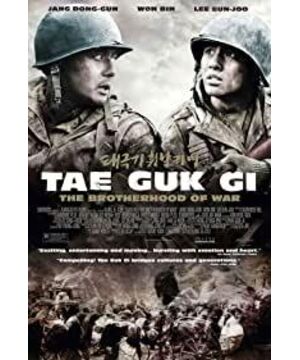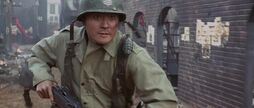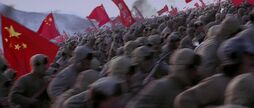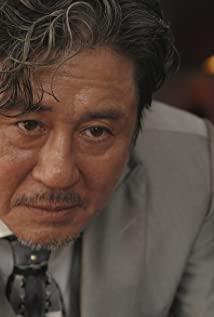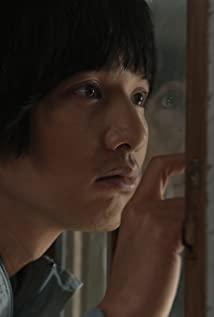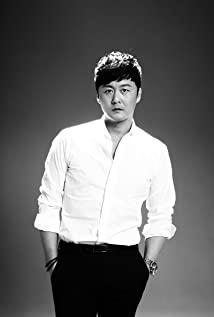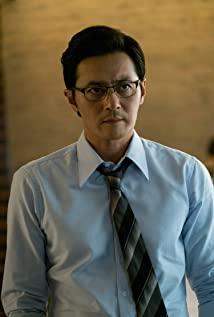The background of this film is the Korean War. There are different opinions on the nature and result of this war, but one thing is certain is that all parties in the war suffered huge losses. On the surface, this film has no political inclination, but it actually describes the story from the perspective of South Korea, and has a darkening of North Korea: the plot includes the North Korean army slaughtering villagers, and the machine guns fire regardless of the enemy and the enemy. The Zhongsheng Northern Army fought back with bayonets and begged for mercy. The younger brother of the protagonist of the Southern Army protects the captives, and the older brother fights to kill the Northern Army. Without these, it should be a very good movie to fairly tell the painful experience of the war between the two sides.
Furthermore, in the end, the plot of the younger brother's younger brother's search for relatives in the battlefield collapsed again, or the supporting characters are all on the real battlefield, and the two protagonists are like playing a family. Regarding whether the elder brother is desperately killing the enemy for the younger brother or because the younger brother said that he is for glory and wealth, I tend to have both. Here, it can be explained that war can change and distort a person's soul.
However, it cannot be denied that there are many excellent aspects of this film, and the war special effects part is almost full. I heard that "Assembly" is the special effects team of this film, and it will play better in "Assembly" a few years later. The firearms and tanks in this film are realistic, and it can be seen that they are very elegant, and the details of the shots and explosions are good. (Because of this, it is even more abrupt that the two protagonists openly hang on the battlefield.) Secondly, the description of family and friendship is also in place. There is nothing bigger than family. The war's tearing of the family eventually led to the tragic ending of the protagonist's brother.
View more about Tae Guk Gi: The Brotherhood of War reviews


